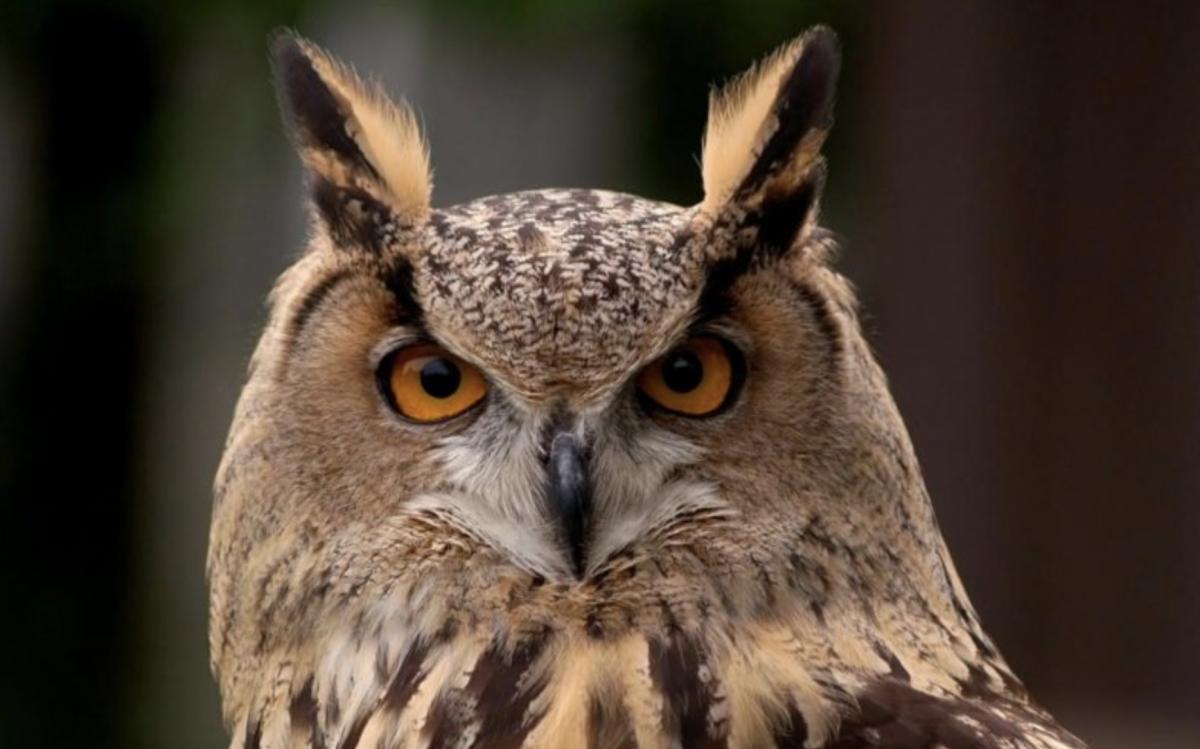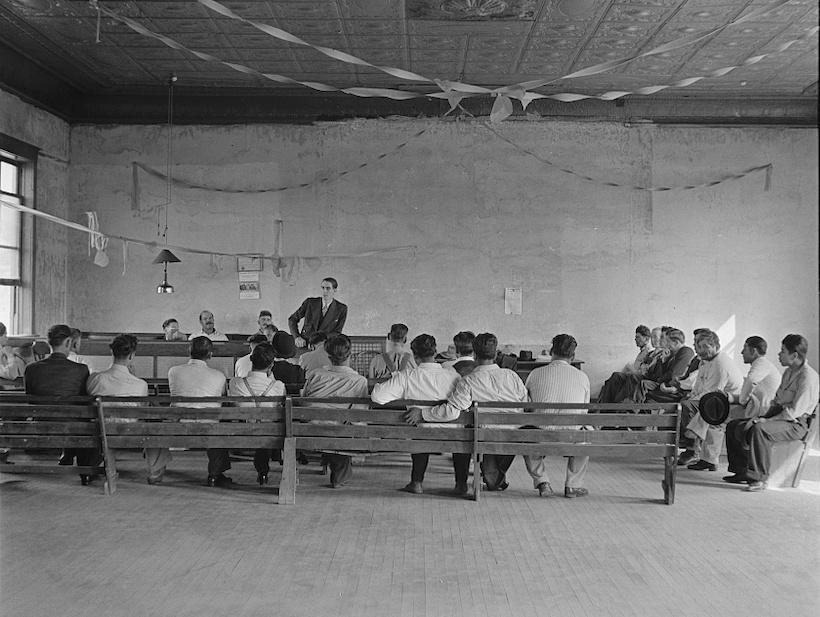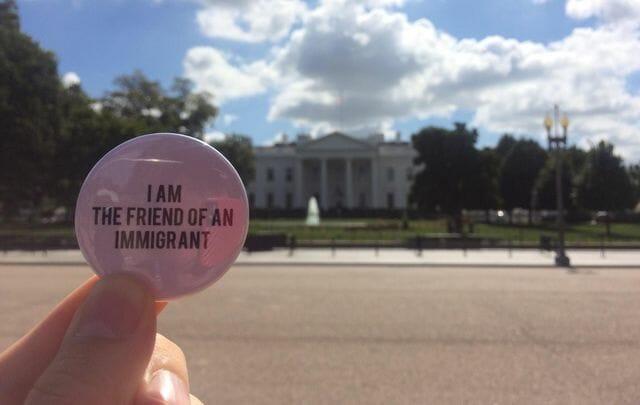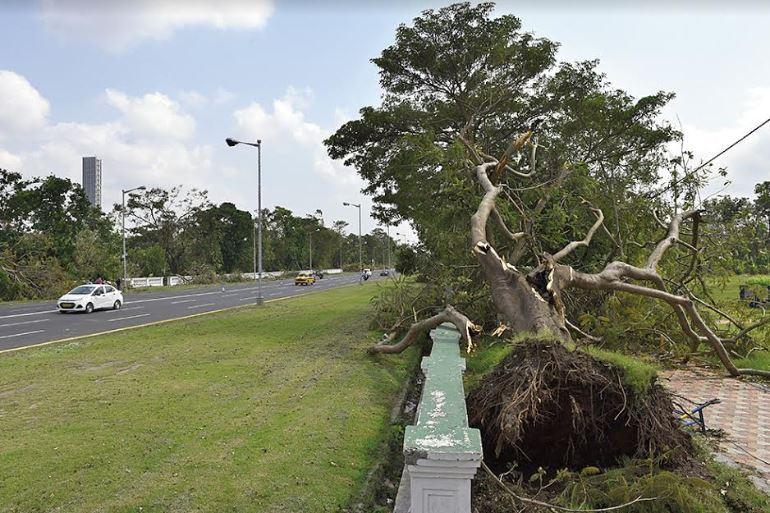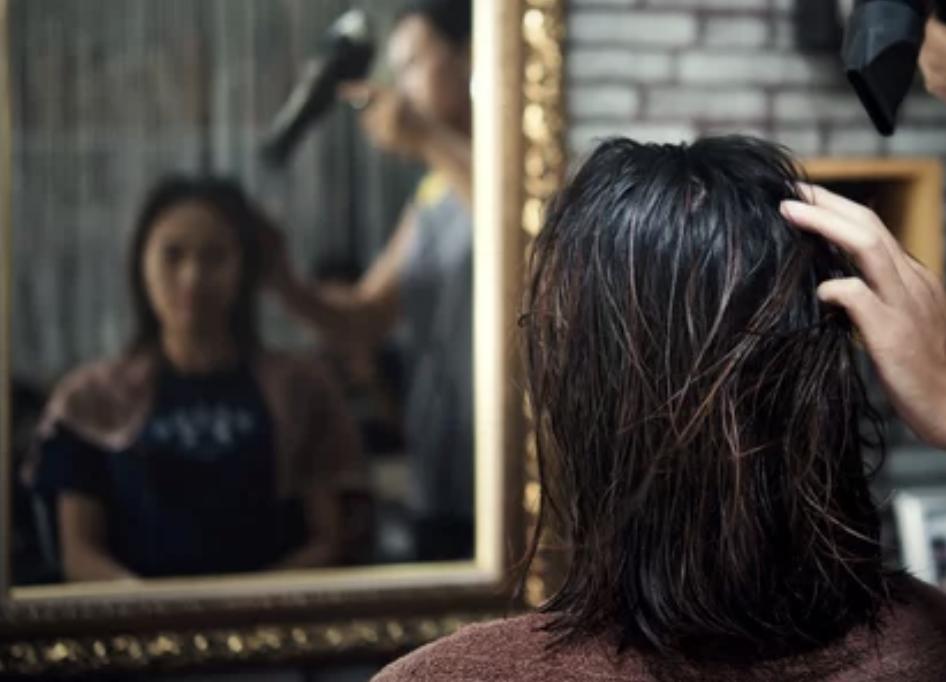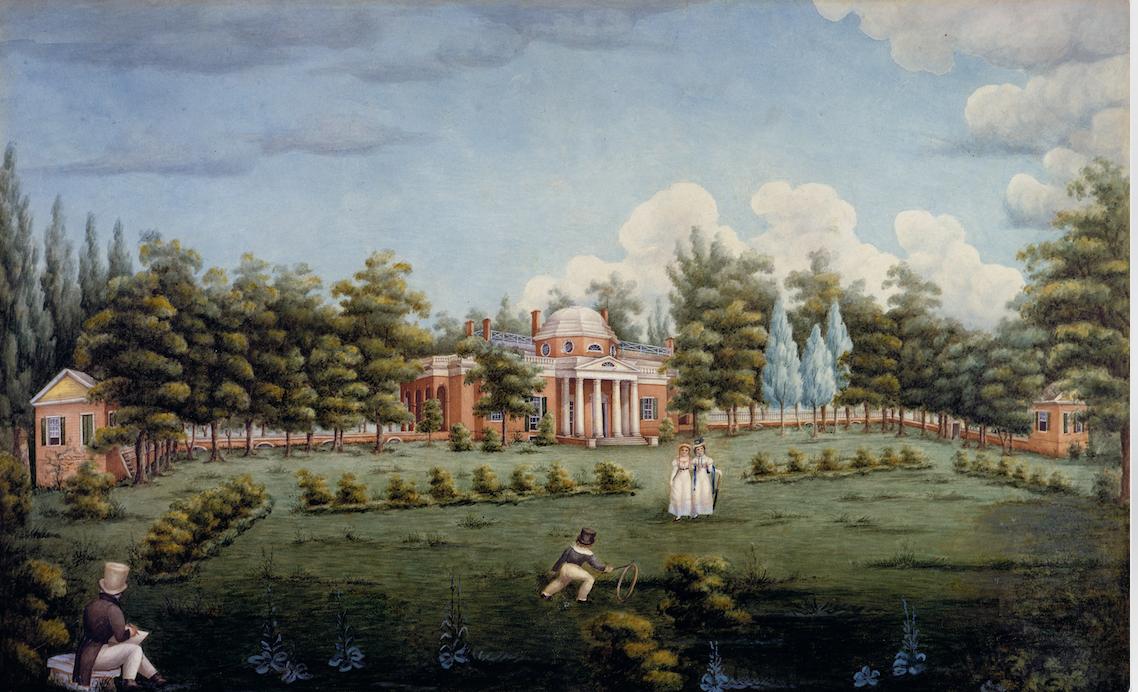Like a River Stood on End
The fennel’s gone to seed and I don’t mind.
Three nights ago I stopped with the scissors,
watched a bee the size of a Tylenol crawl
from a blossom. That changes you.
The kind of man I am I know
this will soon sit deep under snow.
Pots are boiling over on the stove.
They excavated and found another street
ten feet down. Does it happen gradually,
building a new town on top of the old one
everyone grew up in and it was fine.
What’s there to do but rescue one another
from overwhelming forces. Tomorrow
night you can life-save me. For minutes
we’ll be overwhelmingly present.
Both bedroom windows open.
The back of my head still sore
from where an owl struck it twice.
Christopher Citro is the author of If We Had a Lemon We’d Throw It and Call That the Sun (Elixir Press, 2021), winner of the 2019 Antivenom Poetry Award, and The Maintenance of the Shimmy-Shammy (Steel Toe Books, 2015). His honors include a 2018 Pushcart Prize for poetry, a 2019 fellowship from the Ragdale Foundation, Columbia Journal’s poetry award, and a creative nonfiction award from The Florida Review. Christopher’s poetry appears widely in literary journals such as American Poetry Review, Ploughshares, Iowa Review, West Branch, Gulf Coast, and Alaska Quarterly Review. He teaches creative writing and lives in Syracuse, New York
